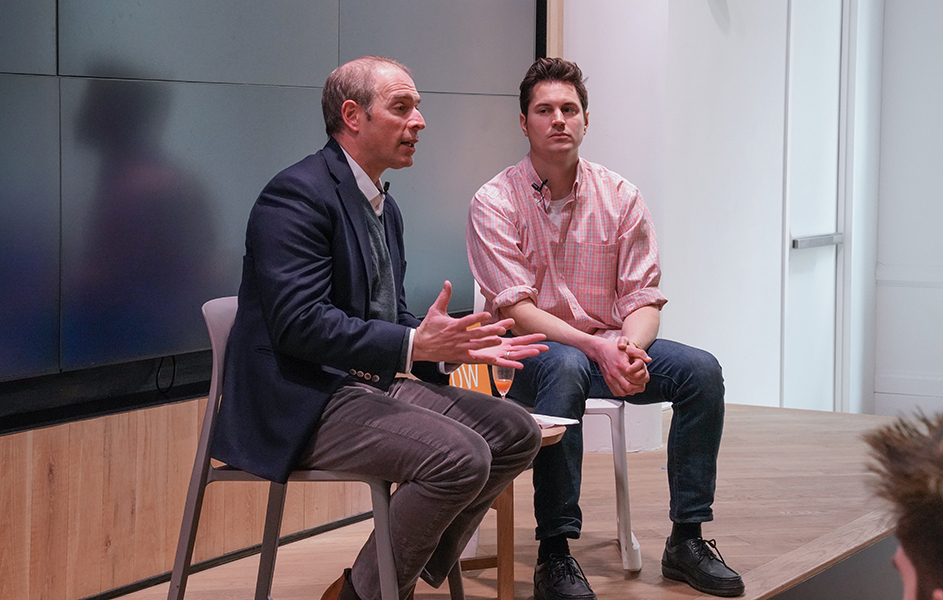David Pakman is a partner at Venrock and a former co-creator of the Apple Music Group. At brunchwork, he shared strategies for building relationships with Venture Capitalists.
Q: What do Venture Capitalists look for in a startup?
A: We look for three things: team, market, and product – in that order.
Team is incredibly important because you need people who are unbelievably motivated and have grand ambitions. When mistakes happen and things get in the way, you need a team that is hungry to win and can see the bigger picture.
What should founders look for in a Venture Capitalist?
The Venture Capitalist should be a collaborator. It’s best when they have experience as an entrepreneur because they can help you through those tough moments rather than expecting you to figure it out on your own.
Many Venture Capitalists have too many deals to be available, and while that’s a different model, it’s nice when a founder can place a phone call and the investor answers.
How can founders successfully approach Venture Capitalists?
It’s important to do your research. Don’t send out a single email cc’ing all 15 partners at the same firm. They’re not interested in the same industries or technologies. Be very personalized and targeted in your attempts to connect with investors.
The appropriate investors will be knowledgeable and passionate about the space you’re in. It’s much harder to convince an investor to put money into something they know nothing about.
When should founders approach Venture Capitalists for a meeting?
Cultivating a relationship before you need capital can be beneficial. It’s a great way to determine if the VC is truly interested or not, because they know once a deal becomes competitive, it’s harder to get involved.
Never go to a Venture Capitalist when you’re about to close a deal with someone else and expect them to invest based on this urgency. There is no way for them to investigate the truth of this claim and building a successful relationship takes months.
What is your best career advice?
When you’re an entrepreneur or a CEO, you’re constantly selling. Even though you have to do it, you’re not learning anything in those moments.
When you’re meeting other people, ask questions and then listen. You should be learning from every interaction. Humans are data gathering machines. We can learn from anyone.
Who inspires you?
I’m inspired by people who tune out the noise and aren’t bothered by what people say about them. People that don’t focus on this noise and instead focus on what they believe to be true tend to be right more often than not.
This interview was conducted by David Nebinski and condensed by Katherine Emley.

